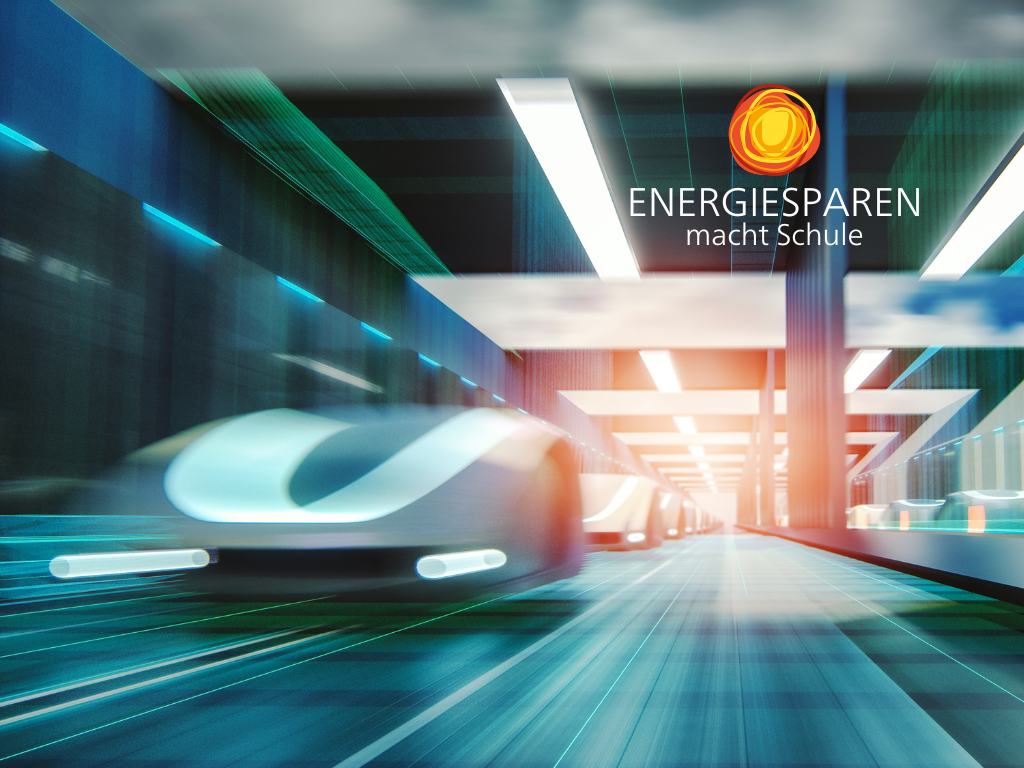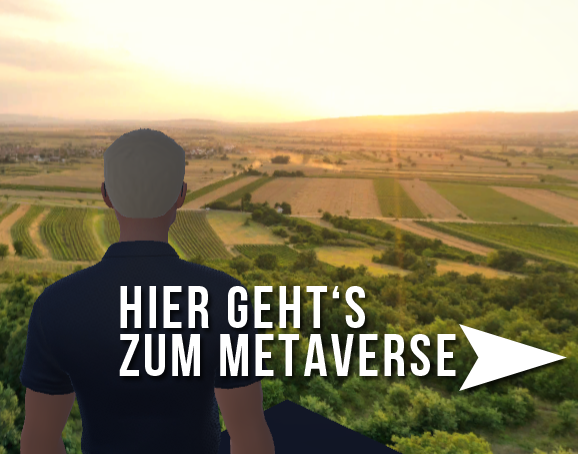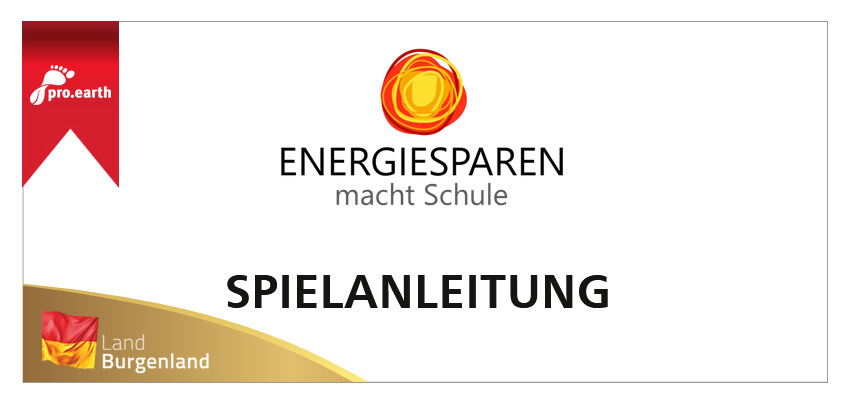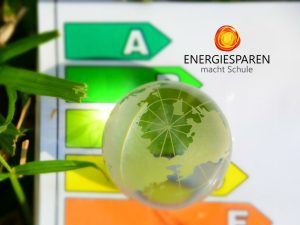
Considering how much the world has changed in the last 80 years and how quickly the world is currently changing in ever shorter cycles, we can assume that the world of 2100 will be almost incomparable to the world of today. Artificial intelligence, which can already be found in many applications today, will play a major role and virtual worlds will be part of normality. The changing climate due to global warming will have a major impact on our lives on this planet, with all the associated consequences such as large migratory flows of people who will no longer be able to live in their home areas. Nor do we know today whether further pandemics will turn our lives upside down by 2100.
Climate 2100
Our actions will determine where the world is heading in terms of climate by 2100. If we do not take drastic measures, we are heading for global warming of 2.7 to 2.9 degrees. This would be "the end of human civilization", says climate researcher Dr Schellnhuber urgently.
If we manage to limit global warming to 1.5 degrees Celsius, our planet will remain habitable for us humans. However, this means that we will have to drastically reduce global greenhouse gas emissions within the next few years, which is only possible by abandoning fossil fuels. This rise in temperature has already almost been reached this year.
The rise in sea levels will lead to many coastal areas and cities being flooded - with a 3 degree rise this could be several meters, with a 1.5 degree rise between 0.4 and 1.60 meters according to current, still uncertain estimates, depending on the source. In the coming years and decades, we must expect more severe heatwaves, droughts, species extinction and extreme weather events such as heavy rain, storms, forest fires and floods.
Many people will have to leave their homes because it will be too dry. These people will try to find a new home elsewhere. Conflicts will arise. Political tensions could rise sharply by 2100.
Technology 2100
We assume that in 2100, the internet and, above all, artificial intelligence will dominate all areas of life. We will no longer need computers because all devices will already be "intelligent". Perhaps we will also communicate with devices such as cars and the like via head implants.
Considering that the 5th generation of ChatGP already has an IQ of 1600, while Albert Einstein had an IQ of 160, the future remains exciting in this respect.
Robotics will have found its way into all areas of life and will support us everywhere, be it in shopping, house cleaning, care, agriculture, the production of consumer goods, research and much more. Robots in all shapes and sizes will be a normal part of our lives in the year 2100.
The hope is that, with intensive research, we will find good solutions for a life on earth that is fit for the future.
Traffic in 2100
But that's not all. Many futurologists believe that there will still be individual transportation in the year 2100. What they all have in common is that these vehicles - whatever they will look like - will be intelligent and will find and drive the route themselves, while the occupants sleep, read a book, watch videos or talk to each other. Using AI, the car could also have empathetic conversations with its passengers.
There are many different ideas about the nature of these vehicles today: Some think they will be capsules that will drive automatically. Others are already working on drones that transport people from A to B. If there are still cars in the same form as today, then they will be powered exclusively by renewable energies.
Others believe that in 2100 there will be no more paved roads and vehicles will have four legs to move around rather than wheels. Still other visions of the future see vehicles hovering above the ground on rails.
Public transport will also change accordingly. Buses and trains will also be self-controlled, consisting of interconnected capsules that detach from the whole at various junctions and reassemble.
It is currently inconceivable that all vehicles will be airborne due to the far too high volume of vehicles. It will certainly be technically feasible by 2100.
Beaming will probably not be possible until 2100.
Energy in 2100
Technical developments in the use of renewable energies will lead to significant innovations in energy generation in 2100.
For example, there will be wind turbines that no longer rotate and will therefore be much less prone to faults. Solar cells will be able to be installed everywhere, on windows, façades, cars - there are already many approaches in this area today. Or safe forms of nuclear fusion, such as those being researched at ITER in France. The use of water energy will also be improved. More efficient technologies will make it possible to avoid the large-scale damming of vast areas to create reservoirs.
Living in 2100
Most people will live in large cities. These will be much greener than they are today. There will be urban farming everywhere, on roofs, balconies, facades and green spaces. Many small and large bodies of water will cool the cities. Most people in cities no longer have their own vehicle. They share them or use public transport, self-driving bicycles or drone shuttles. This means no parking problems and significantly less traffic noise and air pollution than today. Modern furniture, lamps, wall facades and the like are made from plastic waste. Waste is reused in a recycling system. Appliances such as washing machines are rented, serviced by the manufacturers, collected at the end of their life and the individual parts reused.
Medicine in 2100
Medicine will also be very advanced in the future. Scientists around the world are already researching how to extend our lives so that we can live to be around 150 years old. AI, robotics, genetics and other fields of research such as nanotechnology will probably be used to "pimp" our bodies in the future, i.e. defective genes, damaged organs and injured body parts will be replaced much more easily than they are today. The line between our bodies and AI may be blurred. The question is whether this advanced medicine will be available to everyone on earth, or whether it will only be available for an expensive fee.
Virtual reality in 2100
By 2100, virtual reality will be so advanced that it will be difficult to distinguish it from the "analog" world. Many people will prefer to spend time in this world rather than the real world and will leave their own four walls much less. This will also lead to a new way of communicating among people and between people and AI.
Welcome to 2100!
Welcome to Saving energy at school. Here you will find detailed information on the topics from our Metaverse room.
The Metaverse room consists of 7 rooms:
- Entrance
- Energy
- Energy saving
- Future
- Auditorium
- Cinema
- Tasks
In the rooms you will find various articles that you can open on the Internet by clicking on "View".
Start your puzzle rally in the task room. You can also download the game instructions here.
Travel through three different levels and solve all the tasks. Each answer has a code number that you need to unlock the final quiz. Enter all the code numbers in your game instructions!
Once you have completed all the tasks, travel through the final quiz portal in the task room and enter your solution password there to check whether you have solved all the tasks correctly.
Your certificate is waiting for you! Have fun!







